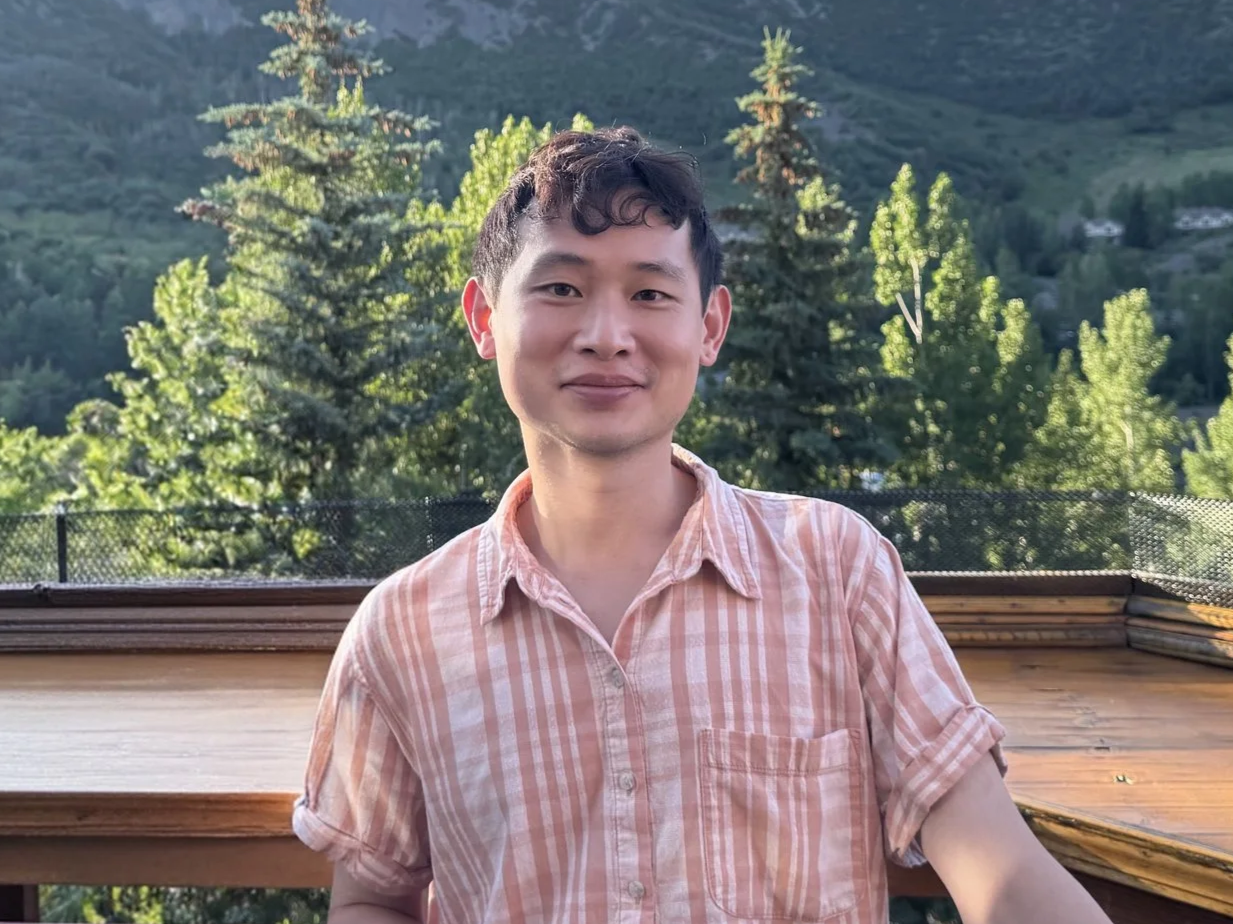Jeff Feng is a scholar-activist, educator, and writer based in Chicago, Illinois.
Check out their latest research, “Framing Queer Climate Justice,” on environmental justice.
Jeff Feng is a STRONG Manoomin Collective Postdoctoral Scholar at Northwestern University. Their research and teaching focus on the intersections of climate justice and queer liberation, environmental justice, and social movements. They examine the contributions of queer, trans, and Two-Spirit activists to fighting climate injustices and analyze how power, privilege, and marginalization shape climate justice policies and movements.
As a scholar-activist, they advance climate justice by researching alongside community-based or tribal-serving organizations, such as the Central Coast Climate Justice Network and the Great Lakes Indian Fish & Wildlife Commission, and by teaching courses—Environmental Social Movements, Environmental Justice, and Queer Feminist Climate Justice—that pair students with environmental justice partners to complete collaborative projects. They have published in PS: Political Science & Politics, Energy Research & Social Science, and AAPI Nexus and contributed to Edward Elgar’s A Research Agenda for Human Rights edited volume. In public-facing work, they have written about queering land politics for YES! Magazine and curated the online Rhizomatic Project based on interviews with queer environmental activists. They received their Ph.D., with a doctoral emphasis in feminist studies, and M.A. in political science from the University of California, Santa Barbara, and their A.B. in environmental sciences and policy from Duke University.
Their book project on queer climate justice argues that partying for climate justice is a queer practice that forges solidarity by shifting how we feel about the climate crisis, where we can envision climate justice, and what we desire in radical social movements. More recently, they have worked on articulating the intersections and applications of environmental and climate justice with transformative justice. They also started a project that critically examines how climate & environmental justice activists and policies define and operationalize frontline or disadvantaged communities.
